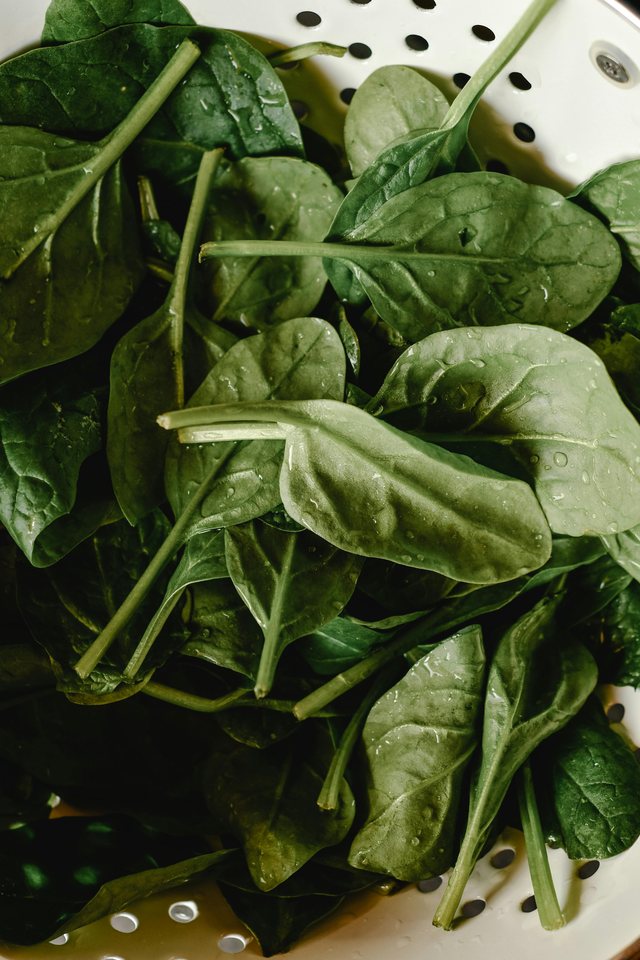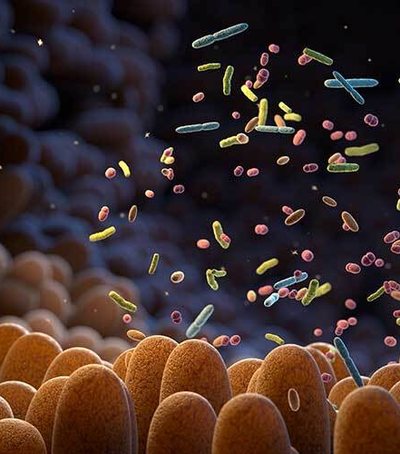
Spinach is one of the most nutrient-dense vegetables and has long been considered a blood-healthy food. It is a natural source of iron, folate, and vitamin K — three key elements that help the body produce and maintain healthy red blood cells.
Iron – the basis of energy
The iron contained in spinach is essential for the transport of oxygen in the blood. When the body lacks iron, a decrease in red blood cells occurs, causing fatigue, weakness, and lack of concentration. Regular consumption of spinach helps maintain stable energy levels and improve blood circulation.
Folates – for young, strong cells
Another valuable ingredient in spinach is folic acid (vitamin B9). This element plays an essential role in the formation of DNA and the regeneration of blood cells. For this reason, spinach is especially recommended for pregnant women and people suffering from anemia.
Antioxidants – circulatory protectors
In addition to iron and folate, spinach is rich in vitamin C, beta-carotene, and lutein, which help cleanse blood vessels and protect cells from oxidation. These antioxidants reduce the risk of cardiovascular disease and improve the elasticity of blood vessels.
How to consume it better
Spinach can be consumed in many forms — fresh in salads, lightly cooked with olive oil and lemon, or as part of detoxifying smoothies. Combining spinach with foods containing vitamin C (like oranges, kiwis, or tomatoes) helps with better iron absorption.
Spinach is not just a green vegetable — it is a natural blood purifier that cleanses, regenerates, and strengthens the body from the inside out. A generous serving of spinach a day is a small investment in long-term health and sustained energy.
Photo by Eva Bronzini: https://www.pexels.com/photo/green-leaves-with-water-droplets-in-the-strainer-6824475/





